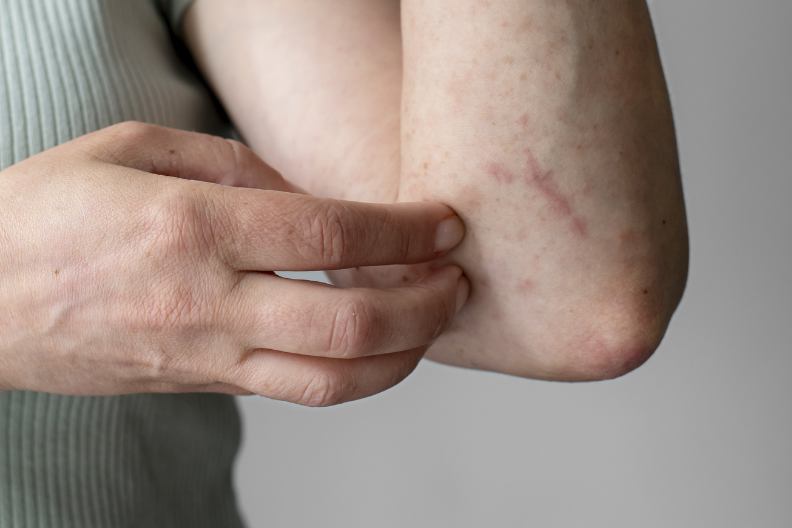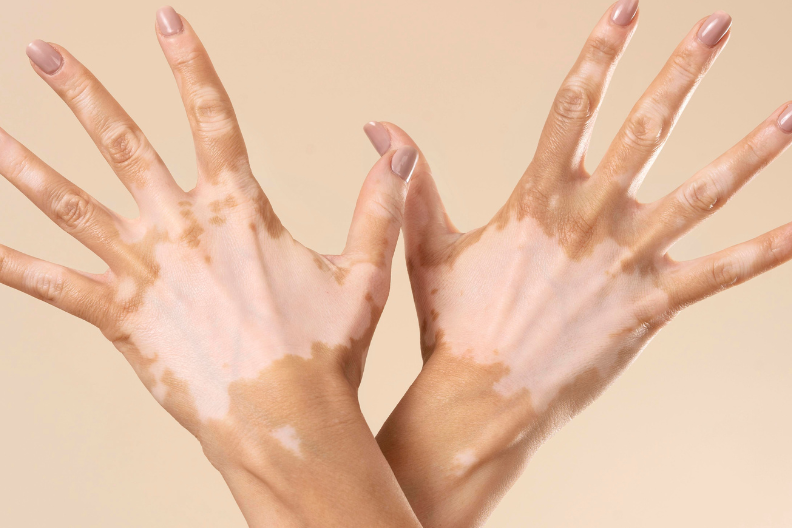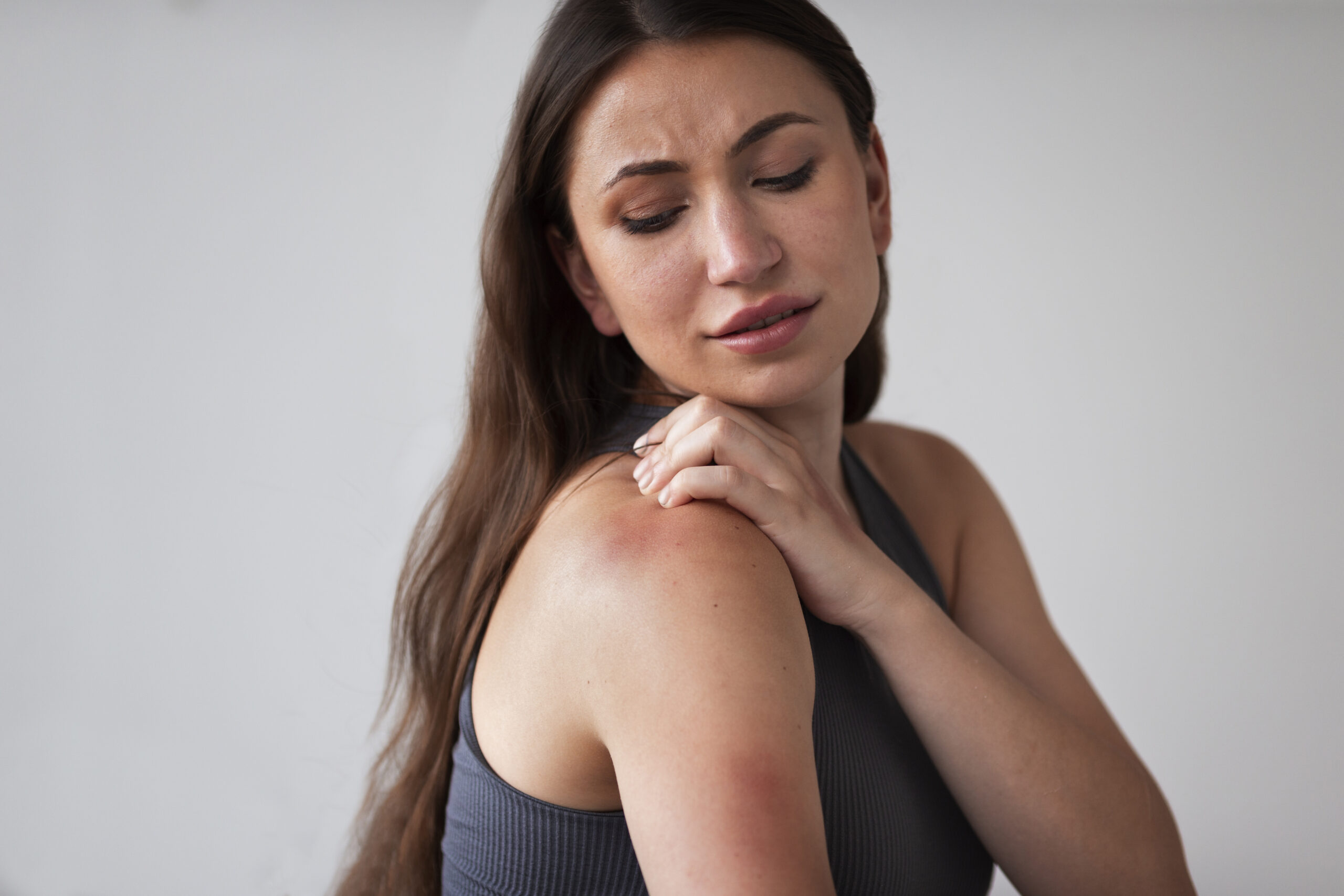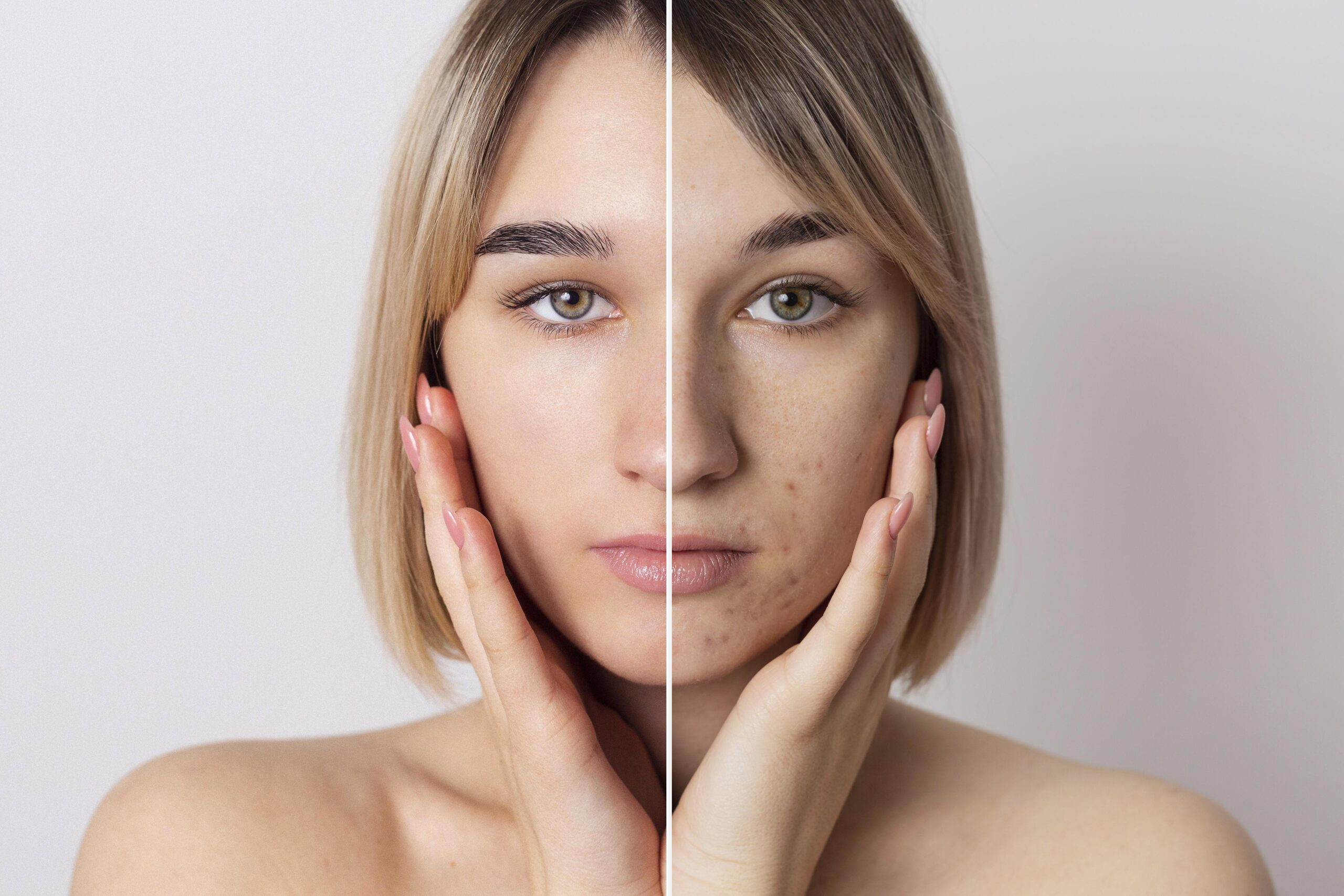General Skin Problems
Our skin is a remarkably good barrier to protect our body, however, sometimes it may get infected. Skin infections happen when the skin is trying to protect the body from the invading foreign microbes but the immune system fails to assist.
Fungal Infection:
Fungal infection develops in damp body areas, commonly on foot or armpit. These infections are contagious. The fungus can affect any area of skin or nail. Fungi are of two types, helpful and harmful. Once the harmful fungi invade the body, these are difficult to control.
Types of fungal skin infections are:
- Tinea Pedis or Athlete’s Foot
- Tinea Cruris or Jock Itch
- Candidal vulvovaginitis or Yeast Infection
- Tinea or Ringworm


Vitiligo Treatment:
For Vitiligo, surgical options are available when medications and light therapy are not effective. A dermatologist can recommend surgical options if someone has had no new or worsening of white patches in the past 12 months. Different surgical techniques may be considered such as miniature punch grafting, suction blister grafting, split-thickness skin grafting, non-culture epidermal suspension transplant, and cultured melanocyte transplantation. These surgical procedures are usually reserved for stable cases with few localized stubborn patches.
Itching Treatment:
Itching, also known as pruritus, is a common and unpleasant sensation on the skin that triggers the urge to scratch. It can occur due to various factors, including insect bites, dry skin, allergies, or underlying medical conditions. Itching can be localized or affect larger areas of the body and may be temporary or chronic. While scratching may provide temporary relief, excessive scratching can lead to skin damage and complications. Proper identification of the underlying cause is essential for effective management. Mild cases may be alleviated with over-the-counter treatments, but persistent or severe itching requires medical evaluation to address the root cause and find appropriate relief.


Acne Treatment:
Acne treatment encompasses various approaches to manage and reduce acne, a common skin condition characterized by pimples, blackheads, and inflammation. Over-the-counter products, such as cleansers and spot treatments with active ingredients like benzoyl peroxide or salicylic acid, are effective for mild to moderate acne. For more severe cases, prescription medications like topical retinoids, antibiotics, or hormonal therapies may be recommended. Other treatment options include chemical peels, laser therapies, and professional extractions.
